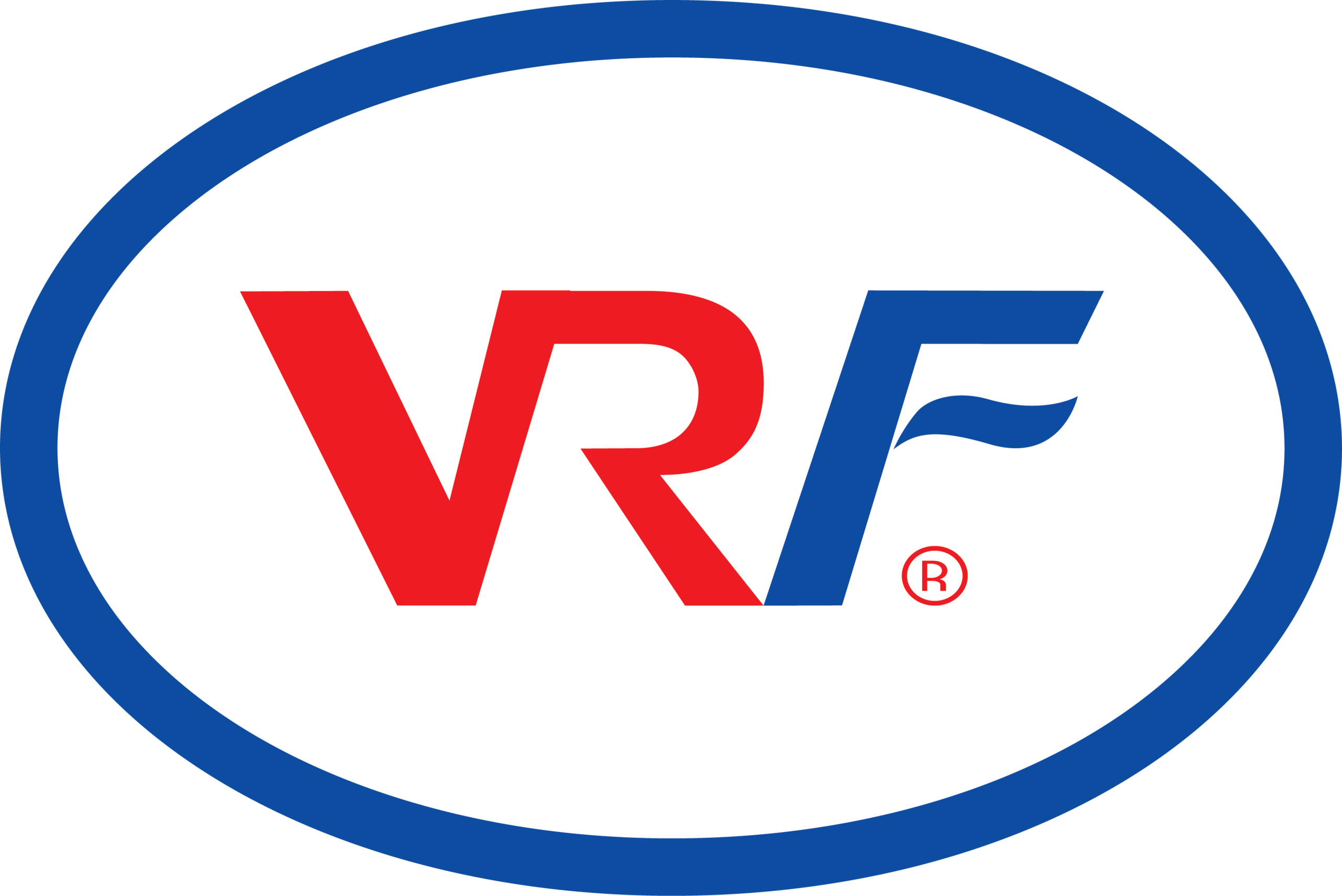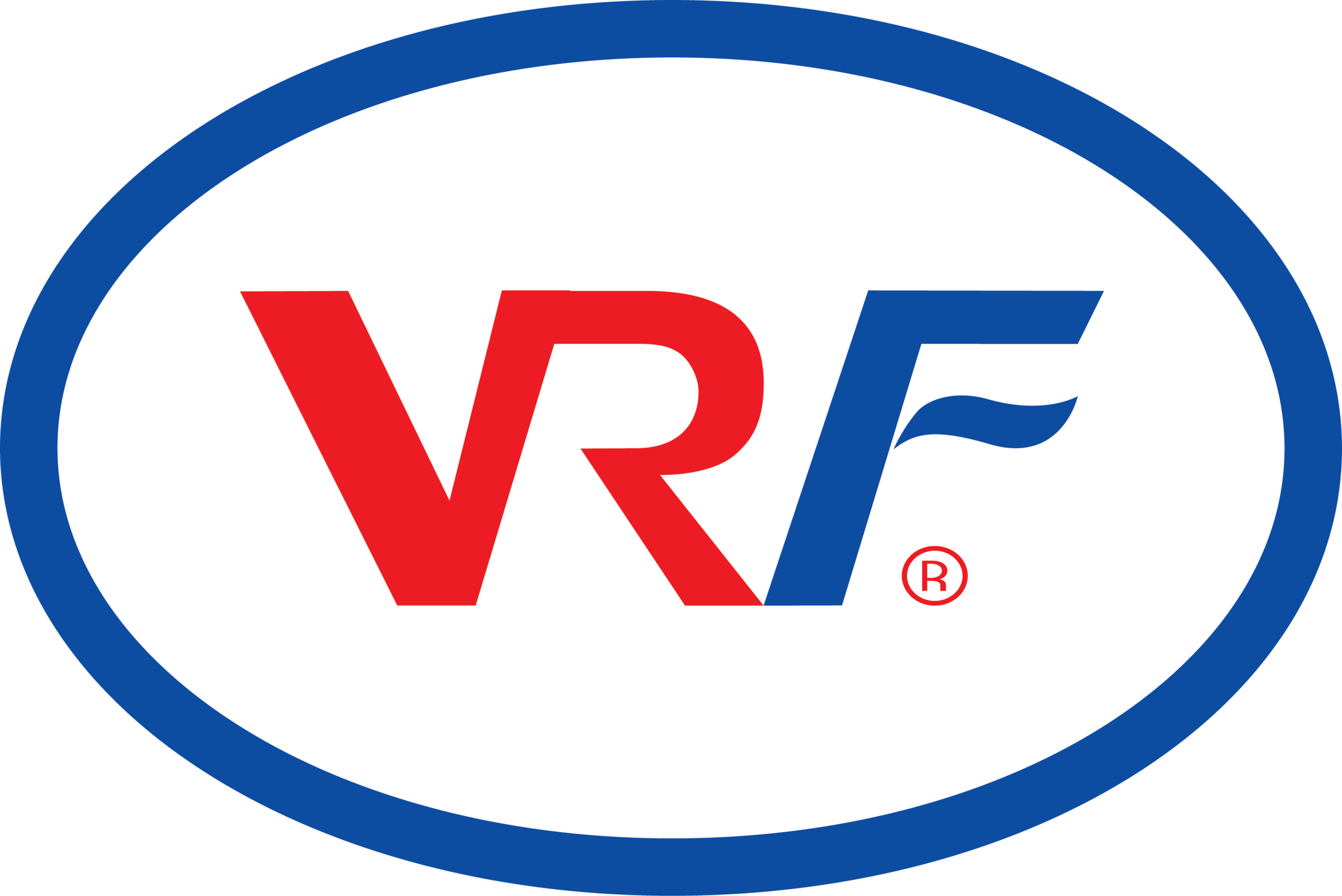The chemical industry has been witnessing substantial transformation with rising emphasis on process efficiency, sustainability, and high-performance catalysts. Among the critical compounds fueling this transition is Para Toluene Sulfonic Acid (PTSA), known for its effectiveness as a catalyst and intermediate across multiple sectors. The substance plays a crucial role in the production of resins, polymers, coatings, and pharmaceutical intermediates, enabling higher yields and consistent chemical stability. As manufacturers pursue environmentally responsible and efficient solutions, the Para Toluene Sulfonic Acid Market continues to expand globally.
PTSA’s wide-ranging applications highlight its importance as an essential industrial chemical. It is used in esterification, polymerization, hydrolysis, and condensation reactions due to its strong acidic nature and non-volatile characteristics. In resin manufacturing, it enhances the curing process and improves product durability, while in pharmaceuticals, it helps accelerate key synthesis reactions. Additionally, the compound’s utility extends to surfactants, adhesives, and coating formulations, where it optimizes texture and quality. Such versatility ensures steady demand from diverse industries that depend on efficient chemical processes for their production cycles.
Another factor driving market growth is the surge in demand from developing economies. Regions like Asia-Pacific have become prominent production hubs for specialty chemicals and intermediates, with China and India leading in PTSA output. Local manufacturers are focusing on product innovation and cost-effective synthesis processes to meet the growing needs of industrial customers. Moreover, with an increase in construction, packaging, and automotive activities, the usage of resins and coatings derived from PTSA continues to rise. This growing end-use demand strengthens the long-term potential of the Para Toluene Sulfonic Acid Market.
The shift toward sustainable chemical practices has also influenced the evolution of PTSA production. Companies are adopting cleaner manufacturing processes with reduced emissions and waste generation. New research initiatives are directed toward developing bio-based or low-toxicity variants that align with global sustainability goals. Regulatory authorities across North America and Europe have also implemented stringent standards for chemical production, encouraging producers to enhance the quality and safety of their formulations. This transition supports the expansion of PTSA applications in sensitive industries such as pharmaceuticals and food packaging.
Insights from Para Toluene Sulfonic Acid Market Research suggest that the global demand for PTSA is set to grow at a steady rate through the next decade. Market players are increasingly investing in R&D to improve production efficiency and product performance. Furthermore, strategic collaborations and mergers are being explored to expand regional presence and achieve supply chain resilience. The continuous growth of downstream industries such as coatings, plastics, and electronics further reinforces the relevance of PTSA as a key ingredient in modern manufacturing.
In conclusion, the Para Toluene Sulfonic Acid Market is well-positioned for sustained growth as industries emphasize quality, sustainability, and innovation. With ongoing advancements in chemical processing and the increasing adoption of eco-friendly materials, PTSA is expected to remain integral to industrial production and global trade in the years ahead.


